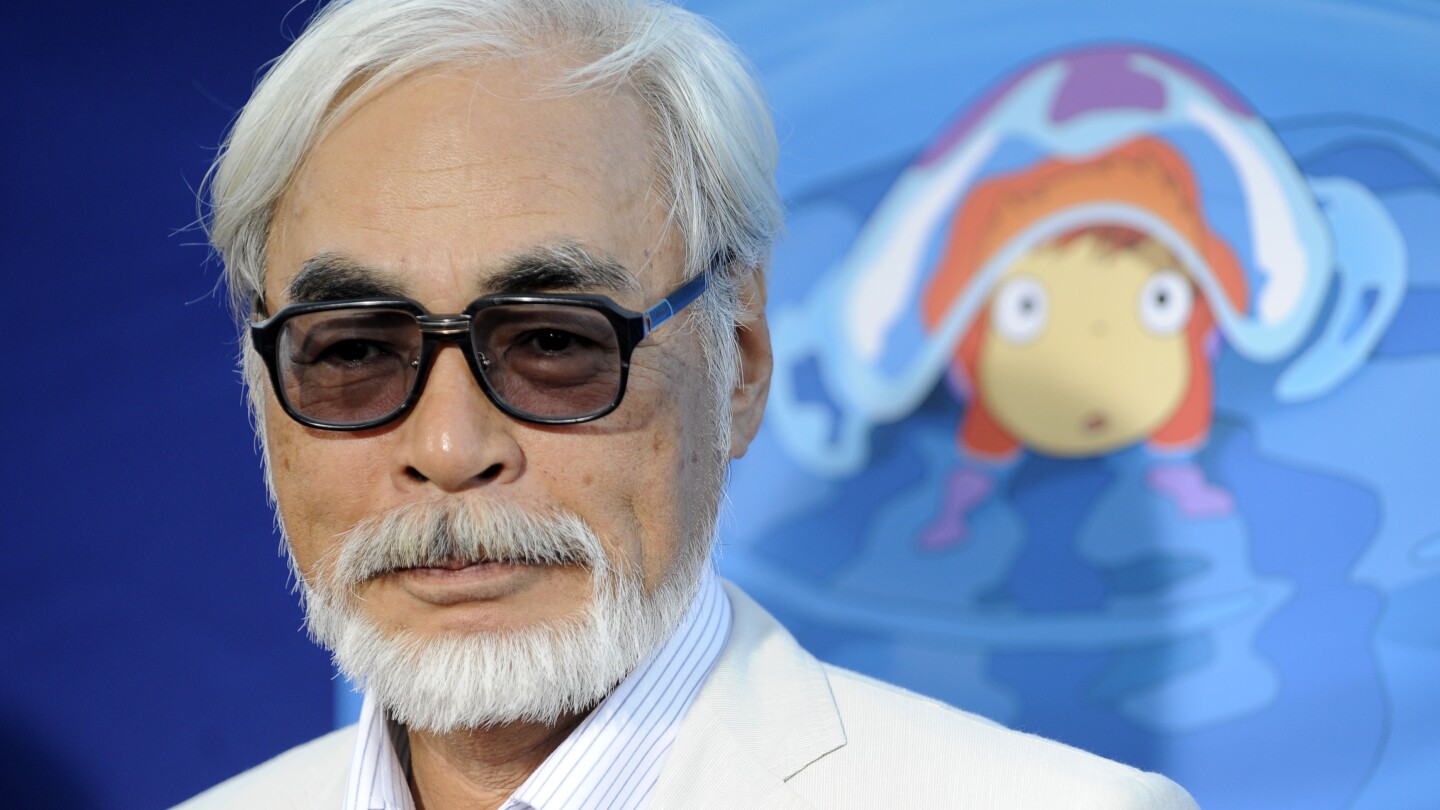The latest version of ChatGPT, which allows users to transform images into the style of Studio Ghibli, has taken the internet by storm. This feature lets people turn ordinary photos into anime art reminiscent of Hayao Miyazaki’s iconic films. However, this fun trend has ignited a serious debate about AI, copyright, and the impact on artists. As AI-generated content becomes more sophisticated, the question of intellectual property rights becomes even more important.
This article delves into the controversy surrounding these AI-generated images. We’ll examine the ethical considerations, the reactions from artists, and the legal questions surrounding copyright infringement. Additionally, we will explore the stance of both OpenAI and Studio Ghibli, providing a comprehensive overview of this complex issue. The discussion includes concerns about AI’s impact on artistic creation and copyright law.
ChatGPT’s Ghibli-Style Transformation
Fans of Studio Ghibli, the Japanese animation powerhouse behind classics such as ‘Spirited Away,’ have been enthusiastically using ChatGPT’s new tool. This tool transforms personal photos and internet memes into Ghibli-style art. Janu Lingeswaran, an entrepreneur, converted a photo of his cat into an anime character. He plans to frame the image, highlighting the tool’s appeal.
However, this trend has sparked concerns about AI’s use of copyrighted material. Hayao Miyazaki, known for his hand-drawn animation, has expressed skepticism about AI. His views add weight to the ethical questions surrounding the use of AI in art.
Iconic images, like the Turkish pistol shooter Yusuf Dikec and the ‘Disaster Girl’ meme, have also received the Ghibli treatment. This widespread adoption underscores the tool’s popularity but also intensifies the copyright debate.
AI Copyright Concerns
The popularity of Ghibli-style images raises critical questions about copyright and AI’s role in art. OpenAI, the maker of ChatGPT, faces copyright lawsuits over its chatbot. Despite this, the company has seemingly embraced the Ghibli trend. Sam Altman, OpenAI’s CEO, even changed his social media profile picture to a Ghibli-style portrait.
OpenAI states that while it prevents the generation of images in the style of living artists, it allows broader studio styles. This distinction permits fan creations but does not resolve the underlying copyright concerns. Studio Ghibli has declined to comment, adding to the uncertainty surrounding the issue.
Miyazaki’s past comments on AI animation have resurfaced amid this debate. He expressed disgust at AI’s ability to mimic grotesque movements, calling it an insult to life. His strong stance highlights the ethical divide between AI-generated art and human creativity.
The Legal Landscape
Josh Weigensberg, a partner at Pryor Cashman, points out that AI models trained on copyrighted work raise legal questions. He asks whether OpenAI has licenses to train its models on Studio Ghibli’s art. Without proper licensing, such use could be problematic.
Weigensberg notes that while ‘style’ is generally not copyrightable, specific, discernible elements of a work of art may be. If AI-generated images contain elements substantially similar to those in Ghibli films, it could infringe on copyright. This nuanced view challenges the simple assertion that style cannot be protected.
The legal debate underscores the complexity of applying existing copyright laws to AI-generated content. As AI technology advances, legal frameworks must adapt to address these new challenges.
Artist Karla Ortiz’s Perspective
Karla Ortiz, an artist suing AI image generators for copyright infringement, views the Ghibli-style trend as another example of OpenAI’s disregard for artists’ work. She argues that OpenAI uses Ghibli’s brand and reputation to promote its products. Ortiz sees this as exploitation and an insult to artists.
Ortiz was further angered when the White House used a Ghibli-style image of a weeping woman arrested by U.S. immigration agents. She criticized the use of Miyazaki’s art to generate something ‘so foul.’ Her outrage reflects a deep concern among artists about AI’s impact on their livelihoods.
Ortiz hopes Studio Ghibli sues OpenAI, highlighting the strong emotions and high stakes involved in this debate. Her perspective illustrates the broader concerns of artists about the increasing use of AI in creative fields.
AP’s Agreement with OpenAI
The Associated Press (AP) has a licensing and technology agreement with OpenAI. This agreement allows OpenAI access to AP’s text archives. The partnership aims to leverage AI for news-related applications.
This agreement highlights the complex relationship between news organizations and AI companies. While AI can enhance news delivery and analysis, it also raises ethical questions about content creation and intellectual property.
The licensing agreement reflects the ongoing efforts to navigate the evolving landscape of AI and journalism. As AI continues to transform the media industry, such partnerships will play a crucial role in shaping its future.
Key Takeaways
The ChatGPT Ghibli-style image trend has brought the debate about AI, copyright, and artistic integrity into sharp focus. While fans enjoy transforming their photos into anime art, artists and legal experts raise valid concerns. The lack of clear copyright guidelines for AI-generated content poses a significant challenge.
The reactions of artists like Karla Ortiz and the skepticism of Hayao Miyazaki underscore the human element in this debate. Their perspectives highlight the importance of protecting artists’ rights in the age of AI.
As AI technology continues to evolve, it is crucial to address these ethical and legal questions. Finding a balance between innovation and artistic protection will be essential for fostering a sustainable creative ecosystem. The ongoing discussion reflects the complexities and challenges of integrating AI into the arts.

Leave a Reply